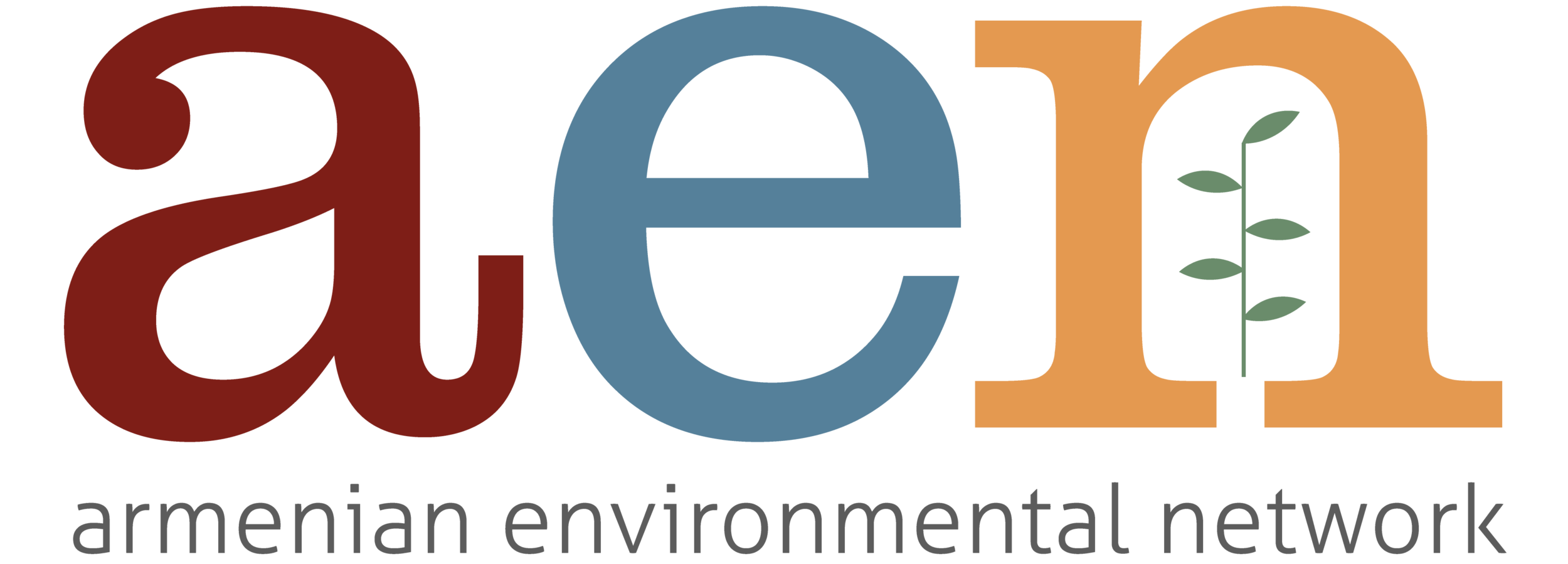Glass Recycling in Armenia: AEN visits a factory
Byureghavan is a village nearby Yerevan that was once renowned for manufacturing crystal and glass. In 2004 its factory was renovated and transformed into Glass World Company (GWC), a leading glass recycling business in Armenia. AEN staff paid a visit to the factory to observe, practice, and discuss collaborative efforts to increase the recycling of glass in Yerevan’s cafes and bars.
We were impressed. The company is little known among environmentalists despite achieving a relatively successful business. They have not prioritised advertisement and receive minimal publicity so although private businesses regularly partner with GWC, the general public remain unaware that Armenia is recycling.
Glass is an ideal material to recycle. It is almost infinitely recyclable. In comparison to manufacturing glass from raw materials, the recycling process minimises carbon emissions, energy use and toxic pollution. It also significantly reduces the cost of municipal waste management and frees up landfills.
Better still, recycling glass in Byureghavan has provided essential jobs for local people. There is no underestimating what reopening a factory can do for a small community. Furthermore the glass bottles GWC receives from restaurants and cafes are often collected by cleaning staff, supplementing their income and further supporting Armenians.
Currently these restaurants and cafes are larger businesses that produce substantial waste. AEN is interested in how smaller, independent places in Yerevan can be included as this is not considered financially viable for GWC. The company pays for glass based on its weight and must calculate transportation costs to the factory. Currently the inclusion of smaller businesses is not believed to be cost effective, and AEN is thinking about how to change this. Developing the recycling industry to include schools, hospitals, universities and the state in general is also a priority. Introducing a domestic recycling programme is the ultimate goal.
GWC also recycle non-polyethylene terephthalate (PET) plastics. These are the denser plastics (not plastic bottles) that are used to make
products such as buckets or containers. They recycle these plastics together, shredding, melting and moulding them into grey pellets that are then sold to external plastic manufactures. Elsewhere in Armenia, a programme launched by UNDP and USAID is focusing specifically on the recycling of PET plastics. Plastic waste is a massive issue in Armenia. Although plastic recycling remains in its infancy here, AEN is intent to develop the industry efficiently and responsibly.
Representatives of GWC were happy to show AEN how they recycled their materials.
Glass recycling generally includes the following steps:
- Glass is collected and sorted into colours.
- Glass is broken into pieces called ‘cullet’.
- Containments are removed from the cullet using magnets, air suction and laser sorters.
- The cullet is melted in a furnace at temperatures of up to 1500◦C
- Key ingredients are added to the furnace such as colour.
- The liquid glass is blown or moulded into new products.
At the factory we observed the sorting and breaking of the glass, the moulding of new bottles from liquid glass and the checking of finished products. They produced various bottles in different colours.
Overall AEN is pleased to report that glass and plastic recycling has truly begun in Armenia. GWC recognised the profit potential in recycling and have already supported a local economy. The challenge now lies in including smaller businesses and transporting waste from more isolated communities to factories. Transportation is costly and private recycling businesses are unlikely to invest in places such as Berd where AEN is currently implementing its IWMP (Integrated Waste Management Project). To resolve this problem, AEN is researching options to transport Berd’s glass to a GWC pick-up point.



